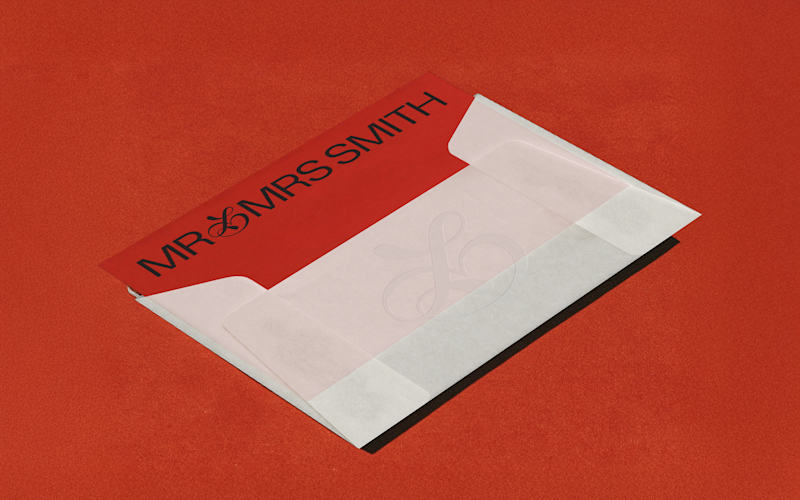Hangzhou , China
Amanfayun
Smith Extra
One free Chinese set lunch or dinner in the Steam House for two guests a stay (excluding drinks and gratuities)Smith Extra
One free Chinese set lunch or dinner in the Steam House for two guests a stay (excluding drinks and gratuities)
Price per night from (includes taxes and fees)$840.46




